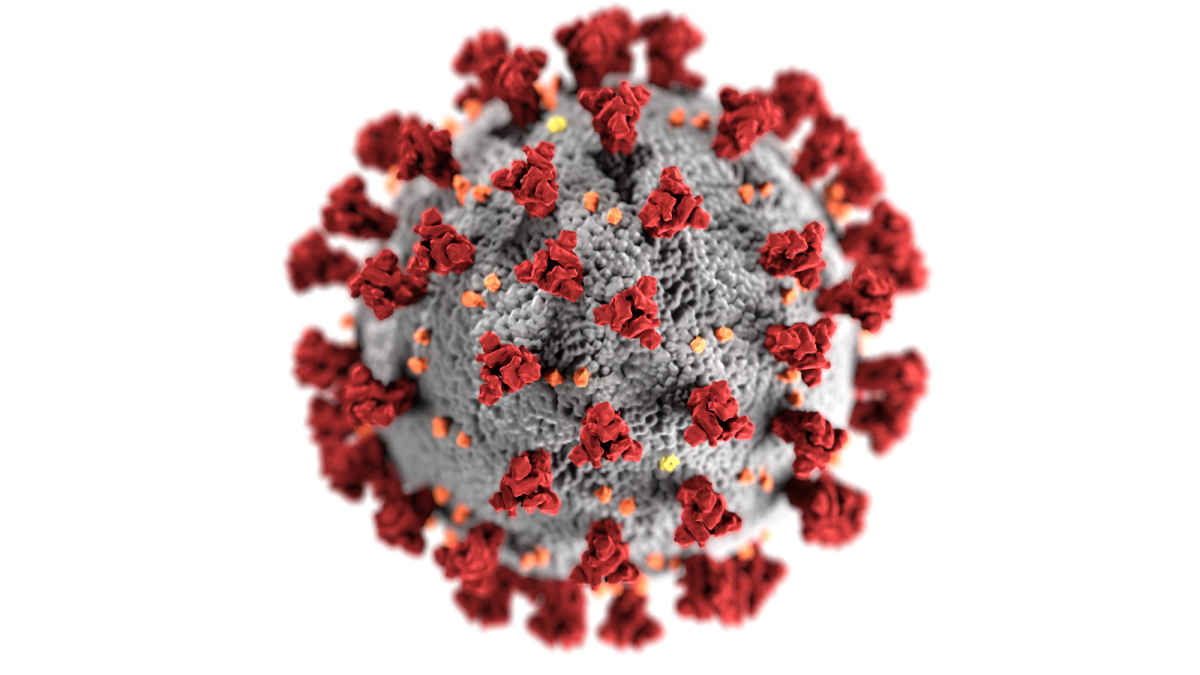
Experts must track mutating COVID-19 to develop effective vaccine: UM study
Rady Faculty of Health Sciences researchers determined that scientists must track the genetic diversity of COVID-19 in order to develop an effective vaccine. They also determined that testing for the virus may produce false negative results if experts don’t track how it’s changing around the world.
The study was published online in PeerJ – the Journal of Life and Environmental Sciences. The project was in collaboration with a virology lab at Universidad de Concepción in Chile.
Researchers spoke to media about their findings.
The study’s lead author Dr. Carlos Farkas, a postdoctoral researcher in pharmacology and therapeutics in the Max Rady College of Medicine and at the Research Institute in Oncology and Hematology, told CBC News that when countries around the world locked down their borders to slow the spread of the pandemic, the virus began to evolve differently within those countries.
“Probably in a second wave, the virus will mutate so much it will actually be a different one, so a vaccine will not work as efficient as the first one,” Farkas told the Winnipeg Sun.
CTV News reported that co-author Dr. Jody Haigh, associate professor of pharmacology and therapeutics and senior scientist at the Research Institute in Oncology and Hematology, said that one of the major findings was that samples from Washington had a distinctive footprint of viral sequences.
Read the full coverage by CBC News, Winnipeg Sun and CTV News.






